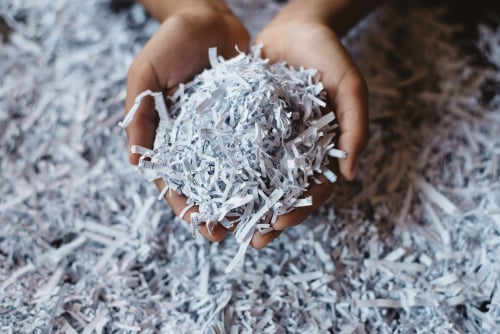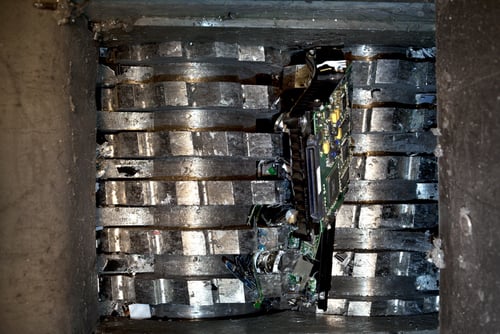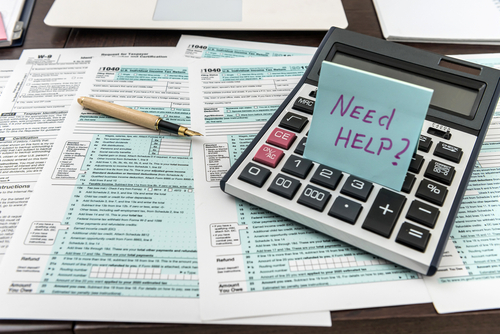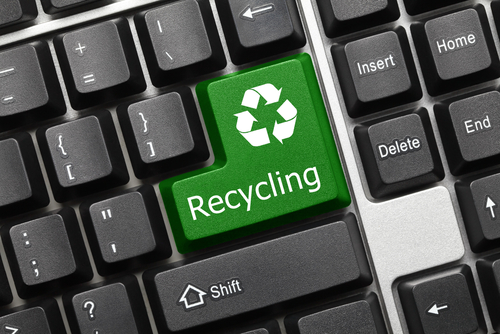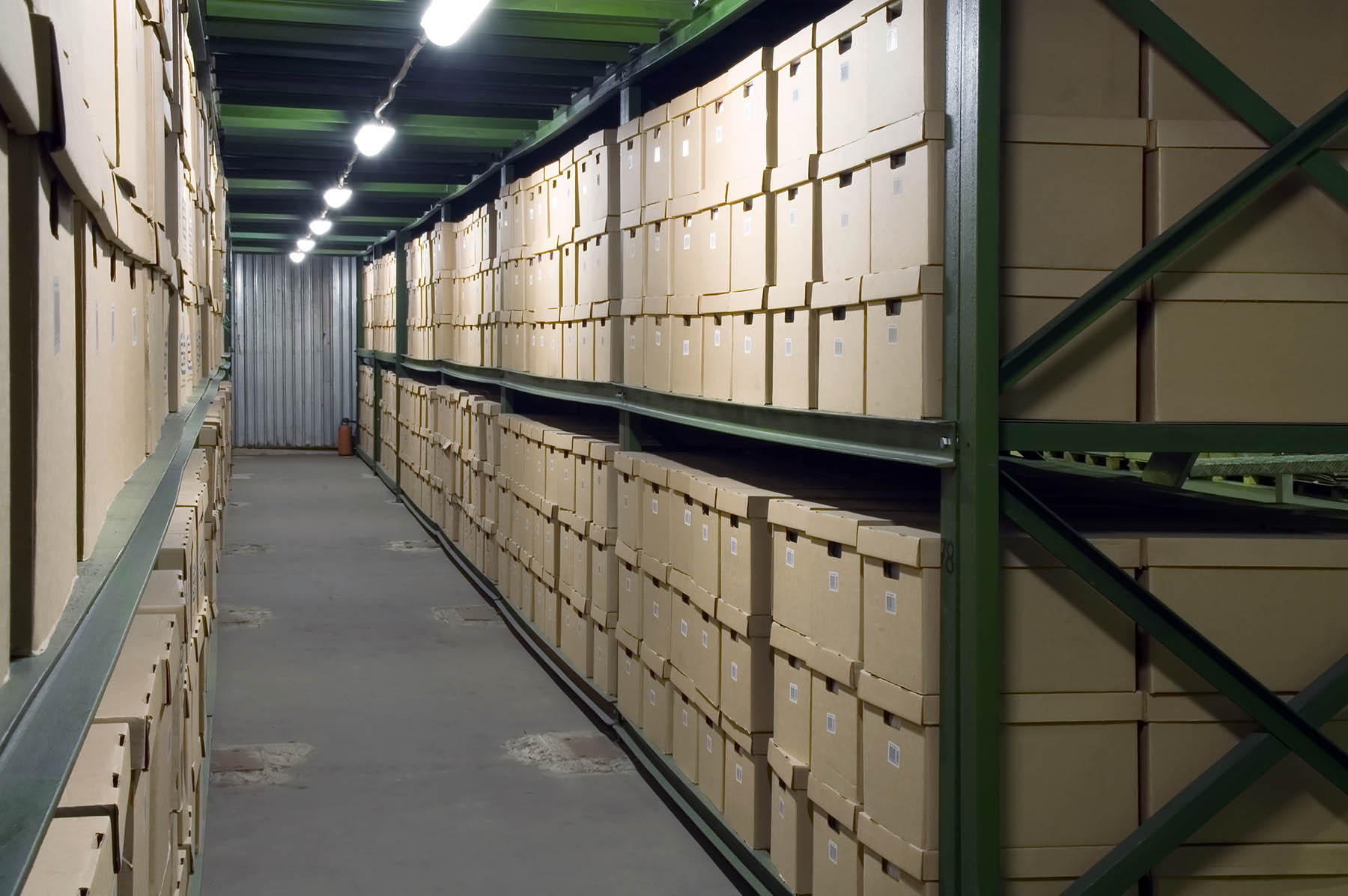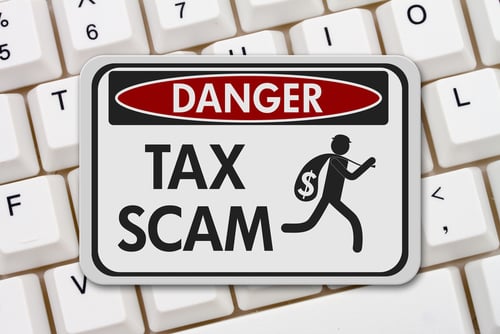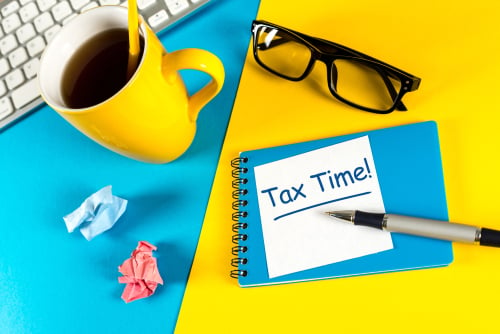Law firms need to keep most records for seven years, though they are required to keep certain documents for 10 years or forever. A probate attorney must keep wills and trusts for as long as the client is alive.
Carolina Shred Knowledge | Data Security
data-security
COVID-19 caused a lot of changes in offices and at home. Now that things are starting to get back to the new normal, having a plan in place for your return to the office should be a high priority. Decluttering all the paperwork from the past year, and getting ready to re-implement new data security protocols can be challenging, but it doesn’t have to be.
As a business, it is vitally important to protect your information. Any information collected or transferred from using a computer is in jeopardy. Upgrading your computer hardware from time to time is necessary. There are multiple ways people use to get rid of a hard drive, but that doesn’t mean they are doing enough to get rid of the information.
Tax records should always be shredded by a professional. Identity thieves are notorious for sifting through the trash and piecing together documents after shredding with an aftermarket device. Using professional shredding services can help prevent identity theft.
Technology gets old. When it’s time to get rid of those computers and software, where does it go? Most people don’t know what to do with old electronics or technology and keep it around for a long time. Businesses work with companies for electronics disposal or have the old technology sitting in a warehouse until they figure out what to do with it.
It’s tax time and the identity thief vultures are circling. One of the best things you can do is learn how to dispose of tax records. There are tons of shredding services that can ensure your identity is confidential and you won’t have to worry about your sensitive documents being compromised. Every year, companies and individuals are victims of tax fraud which makes it even more important to understand what needs to be done to keep your identities safe.
Your business is easier than ever, thanks to technology that allows you to digitalize documents and communicate via email and various live meeting platforms. You can save all that data to a hard drive and run a search on it when you need to find information. It’s much easier than keeping everything in paper files and having to read everything to find what you need.
Many industries, including legal, medical and financial industries, are required to keep records for several years – sometimes as long as 10 years. In some cases, your business must keep certain records for over 10 years. These documents take up a lot of space in the office – and may not be completely secure.
If you associate tax season with identity theft season, you're right on the money. From online hacks to garbage sifting, this is the time of year when everyone's personal information is flying around in nearly every direction. The good news is that you can likely shred more documents than you think this year. If your bank keeps track of all your statements online, there's no need to keep years worth of paper in your file cabinets. When you shred your documents, you open the door to more space in your home and less proverbial clutter in your brain. Just the presence of unnecessary information can cause you to feel stressed, and that's before you even go through it all! We'll look at document destruction and how it can help you simplify your taxes.
All of us have our own methodology when it comes to tax season. Some of us haul out a thick stack of documents and receipts, and then attempt to sift through it all. Some turn everything over to an accountant and hope for the best. But regardless of whether you itemize or not, your tax documents could be a gateway to identity theft if you're not careful. From stolen mail to dumpster dives, this is a popular season for criminals to go after you. In addition, you'll need to hang onto certain documents just in case you're audited at some point down the line. As you go through all the forms, we'll give you a better idea of what should (and should not) head straight to the shredder.

